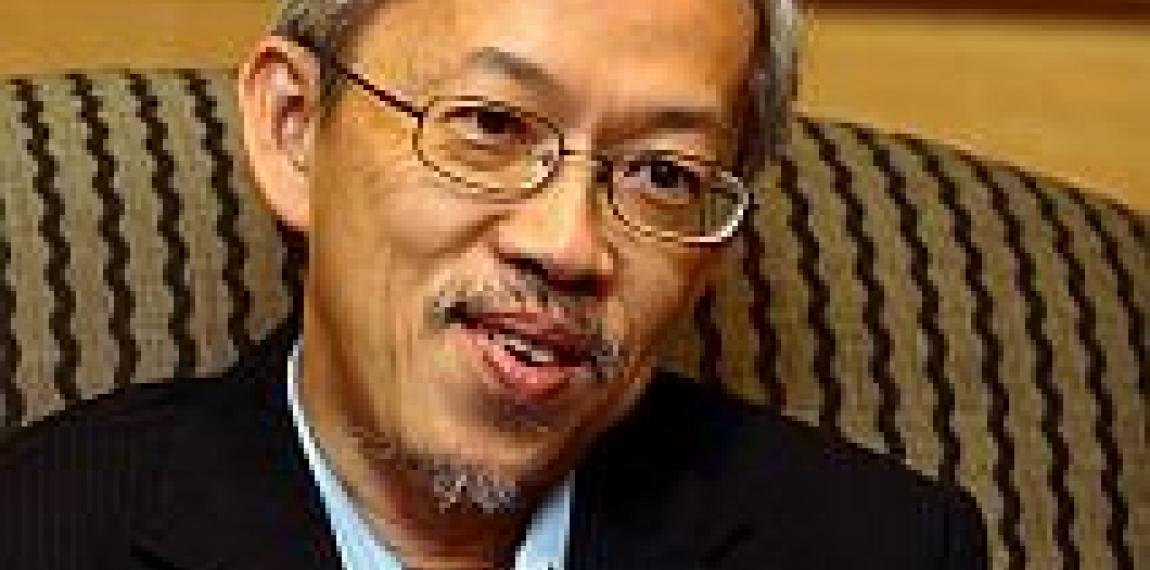
Published
Prof Poh Wong Delivers TMCD Seminar on 'Catching Up or Breaking Out? Capability Development Strategy of Latecomer Firms and Nations'
On 13 March 2014 Professor Poh Kam Wong delivered the TMCD Seminar "Catching Up or Breaking Out? Capability Development Strategy of Latecomer Firms and Nations".
Abstract
Amidst growing concerns with the so-called "Middle Income Traps", there has been renewed interest in the question of how latecomer firms in developing nations can catch up with advanced economies. In this talk, I will provide a brief review of the technological catch-up literature, and suggest that the "catching-up" metaphor has inherent limitations on the way we conceptualize a latecomer's capability development strategy. I will argue instead for a broader strategic framework that includes both "path-following" and "path-breaking" modes of learning, and that incorporates both "market-fit" and "technology performance" dimensions of innovation. Applying the framework and using several examples, I will seek to show that there are multiple capability development pathways for latecomer firms from developing economies to achieve competitiveness in the global economy. The talk will end with a discussion of how state policies and entrepreneurial behavior may influence the selection of capability development pathways by latecomer firms.
Presentation (click here to download the pdf version).
Biography
WONG Poh Kam is Professor at the NUS Business School where he teaches entrepreneurship and innovation strategy with a special focus on Asia. He is also Professor (by courtesy) at the Lee Kuan Yew School of Public Policy and the Faculty of Engineering at NUS. He obtained two BSc.’s, an MSc. and a Ph.D. from MIT. He has published extensively in leading international refereed journals on entrepreneurship and innovation, including Organization Science, Information Systems Research, Research Policy, Journal of Business Venturing, Entrepreneurship Theory & Practice, Journal of Management, Scientometrics, IEEE Trans Engineering Management, Small Business Economics and World Development. He has consulted widely for international agencies such as the World Bank, OECD and Asian Development Bank, various government agencies in Singapore such as A*STAR, EDB, SPRING, NRF and IP Office of Singapore, and many private corporations in Asia. He was a Fulbright Visiting Scholar at U.C. Berkeley, a visiting scholar at Stanford University, and is currently a Senior Visiting Scholar at Oxford University. In addition to his academic position, he is also concurrently the Director of NUS Entrepreneurship Centre, where he spearheads the university’s experiential entrepreneurship education programs and oversees the NUS Enterprise Incubator (NEI), which provides incubation space, seed funding, mentorship and network connections to early stage investors for start-ups by NUS students, professors and alumni. He initiated StartUp@Singapore, the largest annual business plan competition in Singapore, in 1999, as well as Social Venture Lab@NUS, an incubator for social impact-driven ventures in 2011. An entrepreneur who co-founded three companies prior to joining academia, he has been an active angel investor with investment in over a dozen high tech start-ups in Singapore, Silicon Valley, China and India. He is the founding chairman of Business Angel Network (Southeast Asia) and BAF Spectrum Pte Ltd, an angel investment fund co-invested in by the Singapore government. He was awarded the Public Administration Medal (Silver) by the Singapore Government in 2013 for his contribution to education in Singapore.


